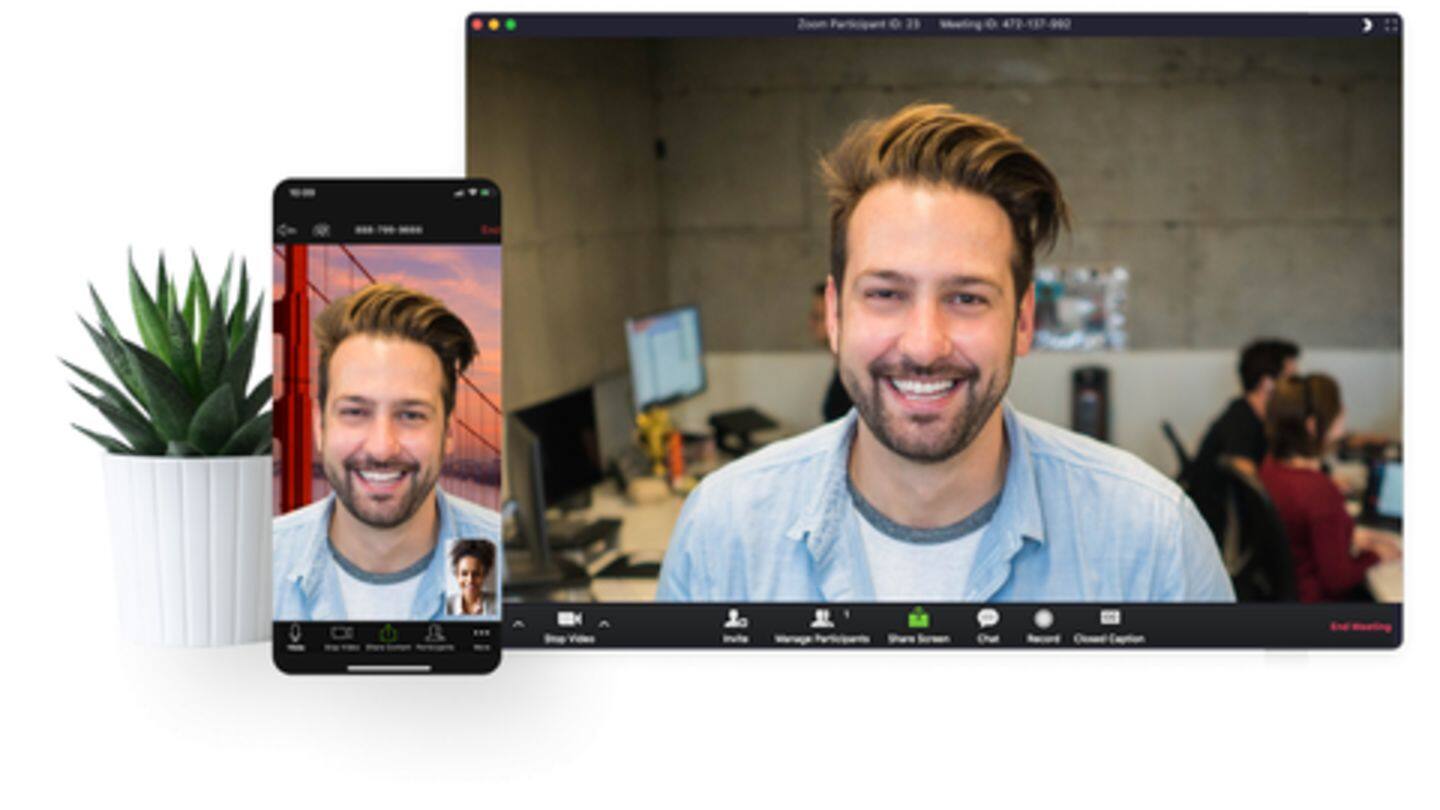
Zoom creates 'security council' to fight data privacy concerns
What's the story
In light of growing privacy-related concerns, popular video-conferencing service Zoom has announced a new 'information security council and advisory board'. The group, the company says, will look into its technology infrastructure and work towards addressing privacy, security, and, safety issues keeping the company from winning the trust of its new and existing users. Here's all about it.
Group
Council to advise Zoom on best security, privacy practices
As Zoom's founder, Eric Yuan, announced in a new blog post, the security council will include some of the most well-respected security leaders, including those from companies like HSBC, NTT Data, Procore, and Ellie Mae. They all will collaborate and inform Zoom's management about existing privacy, security, and technology issues and the best practices that can be implemented around all these areas.
Other advisors
Board to help Zoom's founder be a 'thoughtful leader'
Along with the council, some security leaders would also personally advise Yuan, enabling him to be a "more effective and thoughtful leader" and ensuring "that privacy and security are at the forefront of everything" done at Zoom. This so-called advisory board, the company says, would include information security officers from VMware, Netflix, Uber, Electronic Arts, and other organizations.
Alex Stamos
Alex Stamos will be one of the advisors
Notably, the team of advisors that will help Zoom conduct a comprehensive security review of its platform also includes Alex Stamos, the cybersecurity expert who served as the CSO of Facebook from 2015 to 2018. After the announcement, Stamos said, "Zoom has some important work to do in core application security, cryptographic design, and infrastructure security," and he's looking to work on these areas.
Features
Beyond that, Zoom has launched some new security features
With the security council in action, Zoom has also started launching updates for its app in hopes of fixing potential issues. This includes a release that removes meeting ID from the title bar, which would keep third-parties from crashing into ongoing meetings. It has also added a feature that lets the host to approve the request of participants before they can join the chat.